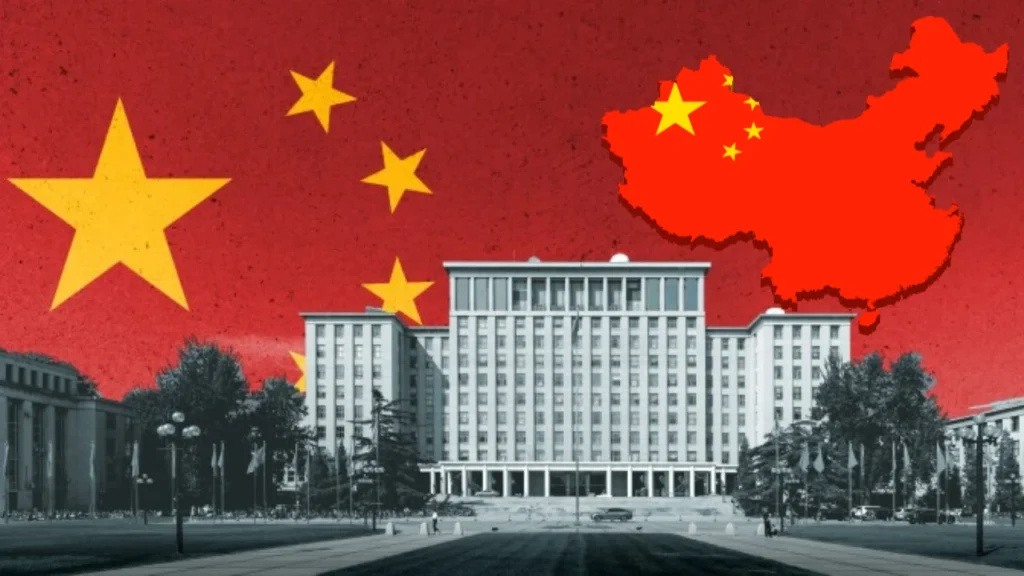In one of the deadliest attacks in recent months, at least 120 Palestinians have lost their lives in two consecutive nights of Israeli airstrikes on Gaza. The southern city of Khan Younis has been hit hardest, witnessing widespread destruction and chaos. The ongoing conflict between Israel and Hamas has now taken a darker turn, leading to a deepening humanitarian crisis in the already war-torn region.
Deadly Airstrikes Hit Khan Younis
Israeli forces launched heavy bombardments on residential areas of Khan Younis on Thursday night alone, killing over 54 people, according to reports These strikes followed earlier attacks on Wednesday, which claimed at least 70 lives across both northern and southern parts of the Gaza Strip.
Local witnesses described horrifying scenes as bombs fell on buildings, turning homes into rubble and trapping families inside. Rescue workers struggled to reach survivors, often digging through debris with their bare hands.
Gaza’s Only Cancer Hospital Destroyed
Among the most shocking consequences of the airstrikes is the destruction of Gaza’s only cancer treatment hospital. The facility, which was already operating under extreme shortages of medicine and equipment, is now in ruins.
Ongoing treatment disruptions have left patients with no options, and doctors warn that many more could die in the coming days due to the lack of medical care.
Humanitarian Crisis Worsens
The World Health Organization (WHO) has issued an alarming warning: Gaza is now on the brink of famine, especially after being under a three-month-long blockade. Food supplies, clean water, medical aid, and electricity are severely limited.
Thousands of families are living in makeshift shelters or out in the open. With winter approaching, aid groups say they fear even more suffering among children, the elderly, and the sick.
International Reactions: Aid and Accusations
While Israel claims the strikes are aimed at Hamas military targets, the high number of civilian casualties has drawn global criticism. Images of destroyed homes, injured children, and grieving families have flooded social media, sparking international outrage.
The United Nations, World Health Organization, and multiple human rights organizations are calling for an immediate ceasefire and full access to humanitarian aid.
Donald Trump’s Controversial Proposal
Adding to the tension, former U.S. President Donald Trump—currently on a Middle East tour—proposed turning Gaza into a “freedom zone” under American administration. His idea, originally floated in February, suggests relocating residents and rebuilding Gaza under international control.
The plan was met with strong condemnation by Palestinian leaders, especially Hamas, who called it a plan to displace 2.3 million people and erase Palestinian identity. “Gaza belongs to the Palestinian people,” a Hamas spokesperson declared. “It is not for sale or foreign occupation.”
Peace Talks in Qatar Amid Rising Tensions
Meanwhile, ceasefire talks are ongoing in Qatar, with negotiators from both sides attending. However, progress remains slow. While the U.S. has agreed to support humanitarian corridors, critics argue that continued American military aid to Israel sends mixed signals and reduces the chances of a peaceful solution.
Life in Gaza: A Daily Struggle for Survival
For ordinary people in Gaza, every day is a fight for survival. Parents are terrified to let their children play outside. Food and water are almost impossible to find. Many families are surviving on just one meal a day, and those meals often consist of bread and water.
With hospitals destroyed or overcrowded, even minor injuries can turn fatal. Doctors are performing surgeries without anesthesia, and medicines for chronic illnesses like diabetes or kidney failure have completely run out.
Global Calls for Justice and Accountability
International human rights organizations are calling for independent investigations into Israel’s airstrikes and whether they amount to war crimes. They argue that targeting civilian infrastructure, like hospitals and residential buildings, is a violation of international humanitarian law.
Countries including France, Germany, and several Arab nations have also called for an immediate ceasefire, demanding both sides return to negotiations and prioritize civilian safety.
Conclusion: A Plea for Peace
This latest escalation in Gaza has not only taken innocent lives but has also crushed any hope of immediate peace. What was once a region trying to recover from years of conflict is now sinking deeper into death, destruction, and despair.
As the world watches, the people of Gaza continue to suffer in silence. Their homes are gone, their children are dying, and their future is uncertain. The question now is: How many more lives must be lost before the world takes meaningful action?





















